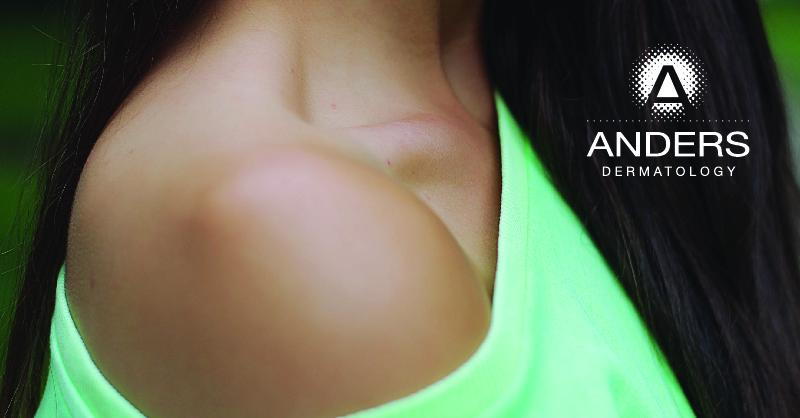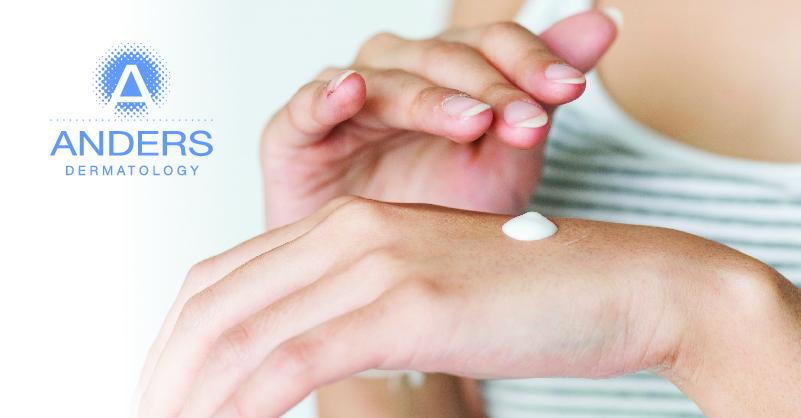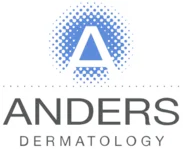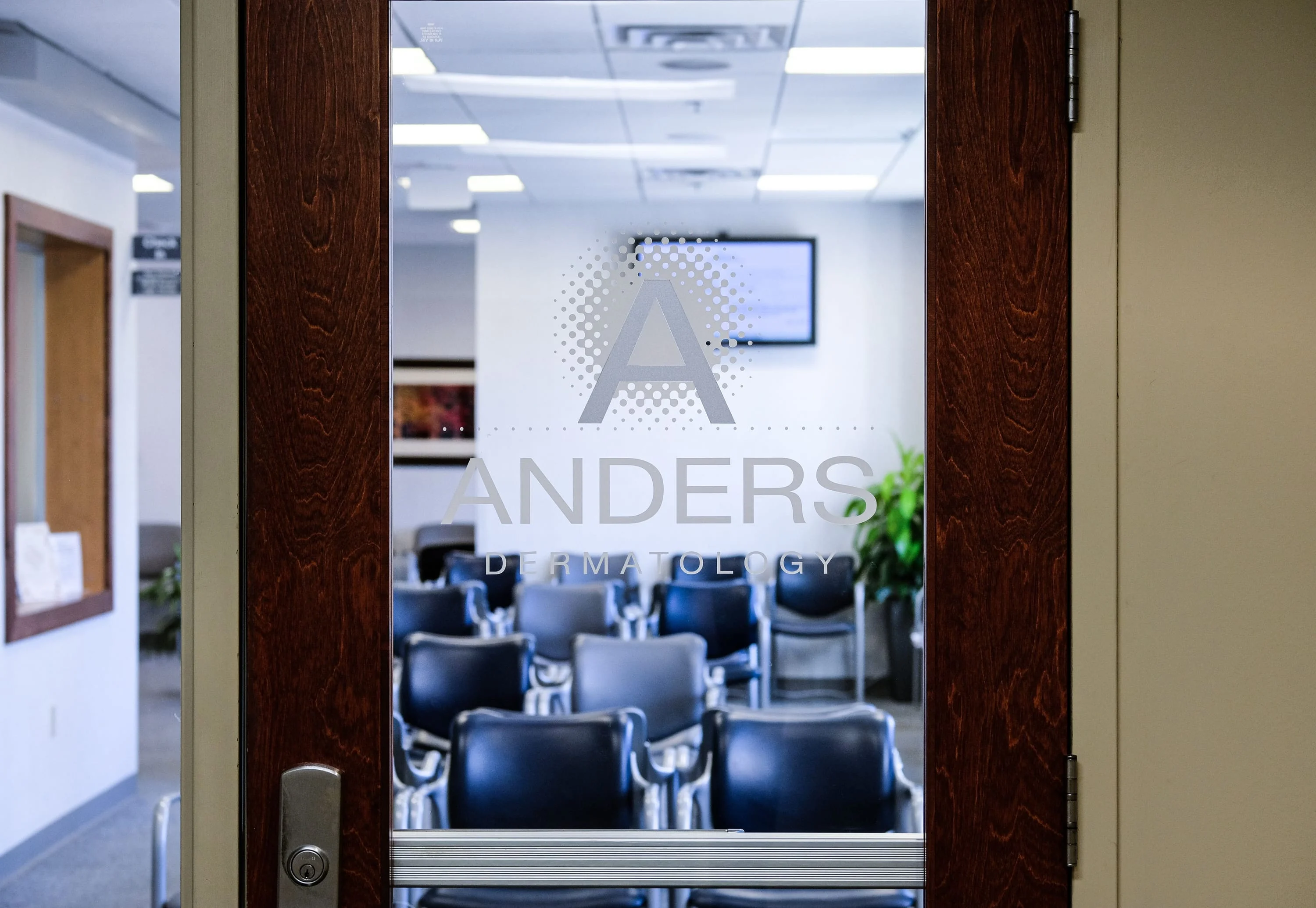As beauty standards change with time, one thing is certain: people love having a glowing, bronzed skin tone. Tanning is a common practice during the summer, and during the winter, tanning beds are a popular alternative to natural sunlight; however, the side effects of exposure to sun rays and tanning bed lights can cause more harm than people think. Is the risk worth it?

THE DANGER OF SKIN CANCER
It’s known that UV rays from the sun or a tanning bed can cause cancer, but that doesn’t stop people from risking their skin health every day. So, just how serious is skin cancer from tanning, and what are the risk factors?
There are three major types of skin cancer to be aware of: basal cell carcinoma, squamous cell carcinoma and malignant melanoma. These cancers can be detected if you know the warning signs; usually a sudden appearance or change in mole shape, size or color can be a strong indicator. It’s equally as important to understand that there are increased risk factors of skin cancer such as unprotected UV exposure, severe sunburn as a child, fair complexion and family genetics. Remember, early detection is vital!
Harmful radiation created from the sun or a tanning bed is never going to be healthy for you. The risk of getting any type of skin cancer from tanning by damaging your skin cells is not worth the beauty desire of tanned skin.
AVOID INDOOR TANNING
As previously noted, tanning beds produce harmful UV rays similar to the sun. But, did you know there are even more dangers that coincide with using a tanning bed? Tanning beds actually emit 25 times more radiation than the sun—and at a much closer proximity to your skin. And, because of the closeness to your eyes, problems like cataracts, photokeratitis (or eye sunburn) and tumors can arise.
THERE IS NO “SAFE” TANNING METHOD
Whether you think natural sunlight is the healthiest choice or prefer to use artificial tanning lamps or beds, the truth is there is no safe tanning method. When you hear the word radiation, you may associate it with cancer, so why accept UV radiation as a safe beauty method? Understandably, people are still going to desire a sun-kissed appearance, but next time you’re seeking a tanner skin tone, consider the harmful effects tanning has and look into alternatives—they do exist!
PROTECT YOUR SKIN AND TAN SAFELY
One of the best methods for protecting your skin is to wear sunscreen every day. Whether it’s the middle of summer or a chilling winter day, UV rays can affect your skin’s health. Another method is to look into alternative options for tanned skin, like tanning lotions.
There are safe and effective alternatives to traditional tanning that don’t come with the risk of cancer or infections. One of the most popular methods is self-tanner. Applying a self-tanner such as Avéne and Jane Iredale—two products recommended by Anders Dermatology—can give you a sun-kissed look without the harsh skin treatment. Avéne is a great solution for a slow and subtle tan, with the opportunity to deepen over time. By applying an even layer to smoothed skin, you can achieve a bronzed look naturally. If you’re seeking a more drastic change, Jane Iredale is perfect on larger areas of skin, like your arms and legs, for quicker results.
ANDERS DERMATOLOGY WANTS TO HELP YOU
Your skin is so important, which is why we want to help you protect it. If you think you’ve been overexposed to UV rays or have tanned excessively in the past, contact Anders Dermatology. We offer skin exams and skin cancer treatment services, as well as our line of physician-strength skin care products to help you keep your skin vibrant and healthy.
Let us help you achieve a beautiful, tanned appearance any time of the year without all the risks. To schedule your consultation or to discuss treatment options, give us a call at 419.473.3257.

